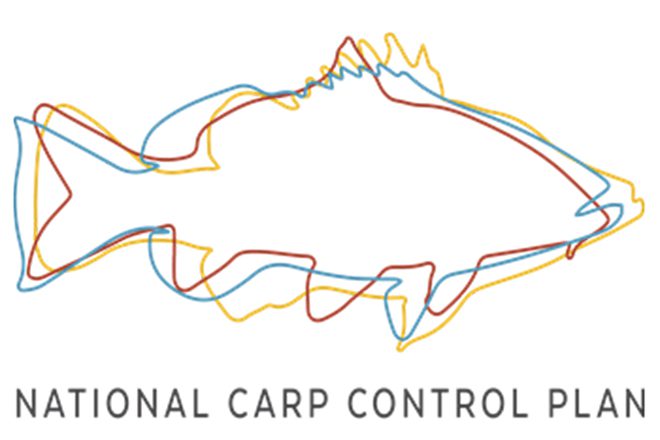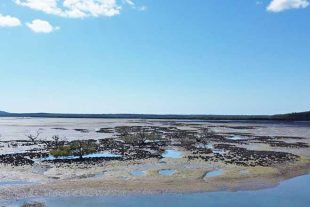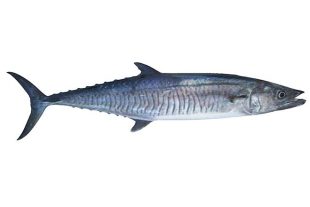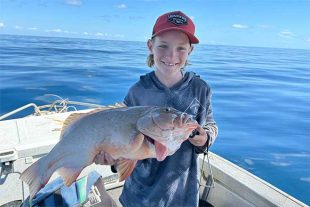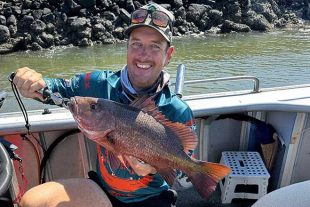The Department of Agriculture, Fisheries and Forestry has publicly released the National Carp Control Plan and nine technical papers.
The NCCP represents comprehensive scientific research outcomes, investigating the technical feasibility of using cyprinid herpesvirus 3 as a biological control agent for carp.
One of the most wide-ranging assessments of a biological control strategy for aquatic environments ever undertaken globally, the program was funded by the Australian Government via a Commonwealth grant agreement, with $10.37 million allocated to Fisheries Research and Development Corporation to lead this extensive body of research and analysis.
As the coordinator of this rigorous scientific investigation, FRDC worked with leading Australian universities and research institutions, involving over 240 scientists and experts who delivered over thirty final research documents, underpinning the final NCCP.
The delivery of the NCCP will assist governments in deciding whether to continue the program to the next stage.
If governments decide to continue, the NCCP is only the first step of several important stages needed to adequately consider the release of a biological control agent.
The government will need time to weigh up all the information provided in the NCCP and associated documentation, before deciding whether or not to proceed further with the program.
The NCCP and associated documentation will be reviewed by multi-jurisdictional committees, including the Environment and Invasives Committee, the National Biosecurity Committee and Agriculture Senior Officials Committee.
Further enquires on next steps and review process can be directed to DAFF via carp@agriculture.gov.au
FRDC’s website provides an overview of the NCCP development and links to the key reports housed on the DAFF website, as well as links to all final research project reports underpinning the development of the plan, and a history of how this research has evolved, plus a broad range of questions and answers that have arisen throughout the course of the research.
You will also find some supporting material that summarises the breadth of the NCCP work over the past six years.
Enquiries regarding the research can be directed to carpscience@frdc.com.au
 Bush ‘n Beach Fishing Magazine Location reports & tips for fishing, boating, camping, kayaking, 4WDing in Queensland and Northern NSW
Bush ‘n Beach Fishing Magazine Location reports & tips for fishing, boating, camping, kayaking, 4WDing in Queensland and Northern NSW

